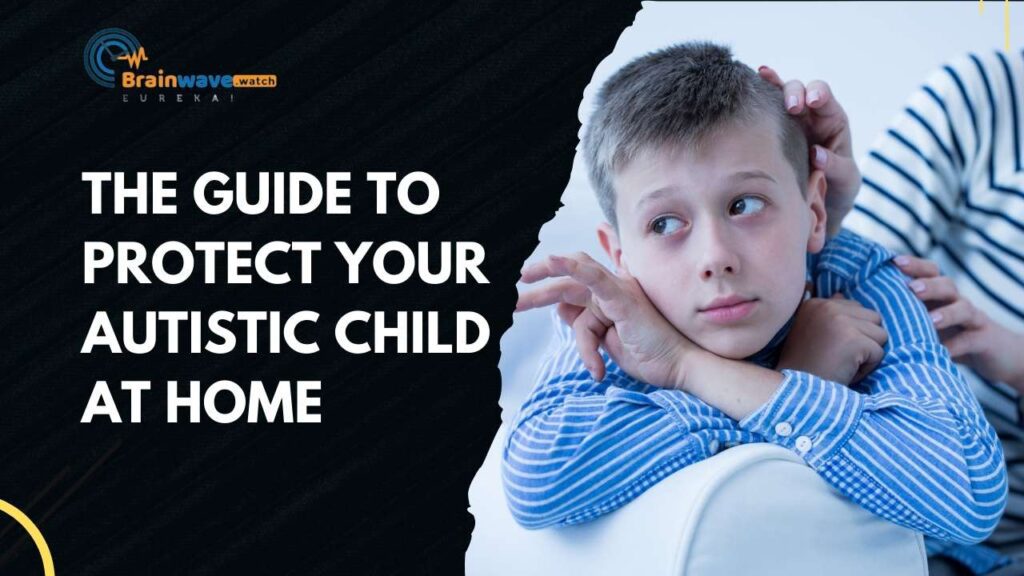Autism is a developmental disorder that affects the way a person communicates, interacts with other people, and relates to the world. Autistic students have difficulty with repetitive behavior and other issues.
Physical Sensitivity
If you have a student with autism, you may notice that they seem to be very sensitive to touch. They may not like being touched or have trouble interacting with others in social situations.
Autistic students may even reject hugs from family members because it feels too much for them and makes them uncomfortable.
They may also be more prone to pain than others their age if they get hurt on purpose or accidentally (or even just by playing too roughly).
This can be frustrating for parents who want their child’s safety taken into consideration when it comes time for activities such as sports or school dances; however, these types of behaviors are often related directly back into the realm of sensory processing disorder (SPD) rather than autism itself—which should give parents some relief when thinking about how best handle this situation!
Read also: How Can the Therapist Help Autism Children?
Difficulty in Developing Relationships and Social Skills
As a result, students with autism may have difficulty developing relationships and social skills. This can cause them to feel isolated from their peers.
In addition to this, many children with autism also have trouble understanding non-verbal communication (e.g., facial expressions).
This can make it hard for them to understand what other people mean when they say or do something. In addition to these difficulties, children with autism may be more prone to sensory processing issues than their peers.
This means that they may find certain sensations (e.g., loud noises) very uncomfortable and unpleasant.
Inability to Understand Non-Verbal Communication
In the case of non-verbal communication, autistic students have difficulty interpreting body language and facial expressions. They may not understand what others are feeling or saying, which can make it difficult to work together as a team.
The best way to help your autistic student understand non-verbal communication is by providing examples of how we use these signals in our everyday lives.
For example, if you’re talking about something funny happening at school and want someone else’s opinion on it (and they’re not present), try explaining why you were laughing when no one else did—and then ask them how they would react if that happened at home!
This will demonstrate that there are some things we all do naturally even though other people don’t necessarily know about them yet; if an autistic student has trouble understanding this concept then having discussions like this could help get them up to speed very quickly!
Read also: How to Help Your Child with Autism Thrive
Repetitive Behavior
The repetitive behavior of autism is the most common difficulty that students with autism experience. This can include:
- Stimming (rapid, rhythmic movements) in an attempt to communicate or to stimulate a particular sensory function such as touching, smelling, tasting, and hearing. This may be accompanied by rocking back and forth or headbanging.
- Mimicking another person’s actions; is often done when trying to communicate with others in a social way. It may also involve screaming loudly after playing with toys for example.”
Repetitive behavior is a common issue for autistic students. This can include rocking, self-stimulation, and other behaviors that encourage repetitive movement or action. Repetitive behavior may be a result of sensory issues or anxiety, but it’s usually hard to tell how the cause fits into this picture.
Autistic students may have difficulty with social skills and relationships as well. They might not understand when someone wants to interact with them and they may have trouble reading body language on other people’s faces.
Conclusion
We hope this article has given you a better understanding of autism and how it affects students. As always, if you think your child may have autism or other developmental issues, we recommend speaking with a professional to find out more and get started down the right path.







